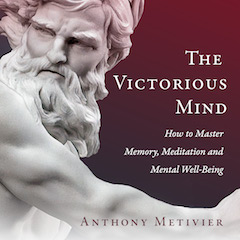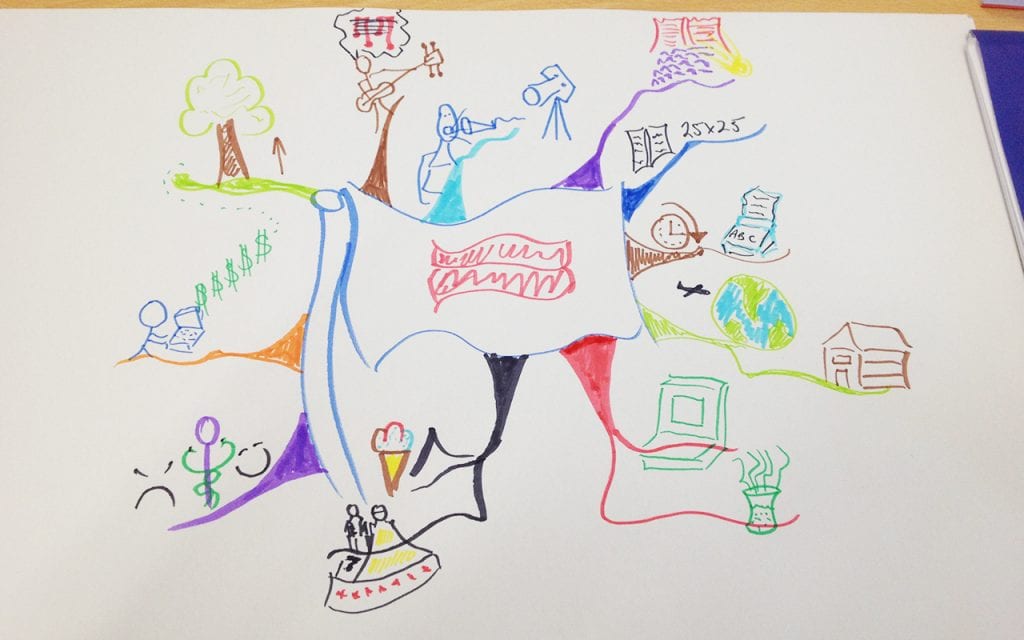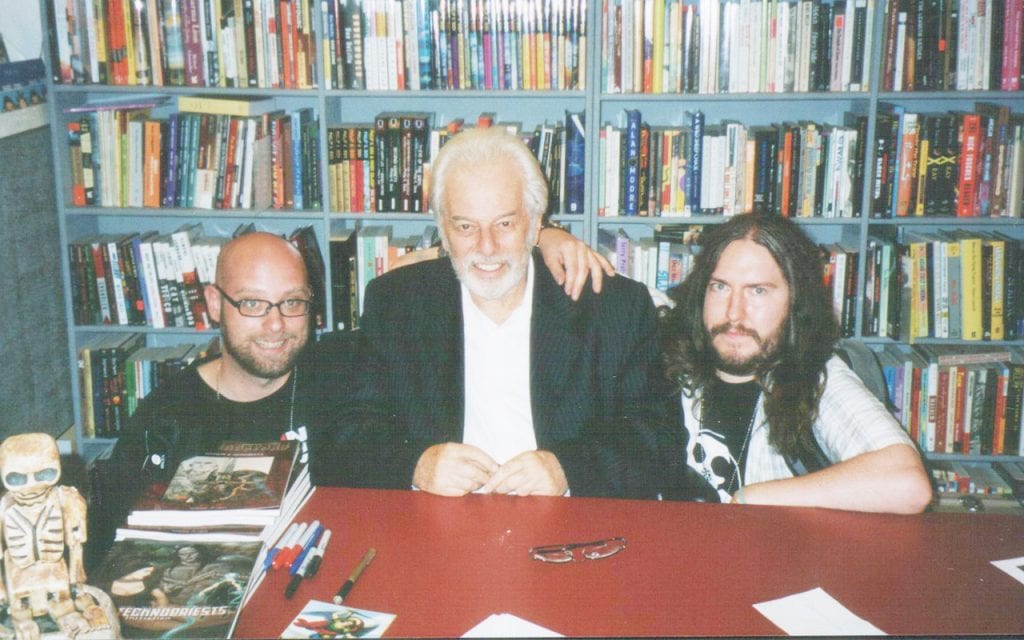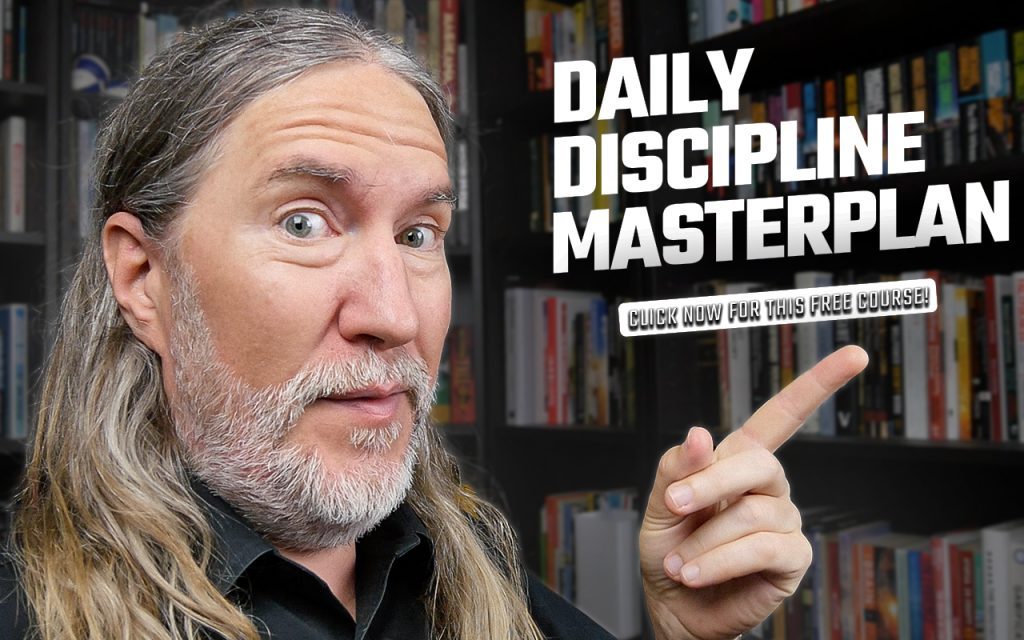When you think about personal development activities, you don’t want slow results… do you?
Of course not!
Yet, there’s dramatic tension here. Something like a paradox that clouds the self help arena.
On the one hand, we all know that realistic personal growth requires time, effort and really paying attention to the granular details.
Yet, we see endless stories of people changing quickly and permanently? How is this possible?
Stick around and read this post intently, dear friend, because we truly can have the best of both worlds. Let’s dive in.
What Are Personal Development Activities?
First off, it really helps if we can be clear about exactly how personal development is defined. Without that knowledge, all the activities in the world won’t get us very far.
Worse, our practice through taking action creates knowledge. And if it’s not knowledge related to personal growth, we’re going to wind up confused, if not stuck.
I feel that there is an abundance of definitions for this term, including:
- Developments in personality and character
- Establishing or growing specific talents (artistry, language learning, music, etc)
- Improving employment skills (including resume writing, interviewing and work performance once employed)
- Mastering mental habits through a meditation practice and/or mindfulness
- Building personal wealth through asset development or business acquisition
- Realizing dreams related to travel, home ownership or cultivating intimate relationships
- Becoming a more integral member of a community
I’m sure there are a lot more, but that’s already quite a broad range!
But here’s the thing:
I would define personal development activities like this:
Any activity that is guided by a vision for personal improvement and consists of milestones and measurement.
In other words, you need to have a statement that explains what you’re trying to achieve. Then you need a means of tracking your progress toward that goal.
Of course, the goal can change over time as you develop. But that’s no reason to slow your progress. It’s discovering new things and changing along the way that makes working on your individual growth such a priceless adventure.
Oh, and vision statements can help you remember your goals too while giving your overall recall abilities a boost.
Personal Development Training Activities
That Take Just A Few Minutes
With that definition in mind, we can definitely start to discover and put a number of specific activities in place.
For example, my favorites include:
One: Crafting A Personal Vision Statement
To get started with this activity, I suggest you check out my detailed training on writing out impactful vision statements.
In brief, you want to clearly describe what you want to improve.
Then, you want to list out at least five reasons why you want this improvement or growth to manifest in your life.
Why list five reasons?
It’s a test. If you don’t have five reasons driving your vision for personal growth… how likely is it that you’re going to stay the course?
This simple personal development activity takes just a few minutes. However, you’ll want to revisit it often.
 As I discuss in The Victorious Mind: How to Master Memory, Meditation and Mental Well-Being, I practiced writing out a vision statement for over 90-days. It was a short blast of activity every day, but it transformed my life completely.
As I discuss in The Victorious Mind: How to Master Memory, Meditation and Mental Well-Being, I practiced writing out a vision statement for over 90-days. It was a short blast of activity every day, but it transformed my life completely.
To give you a concrete example, for years I did not believe I could write for a living. But by continually finding reasons why I could through vision statement journaling, I changed my own mind.
From that point on, the way to achieve that goal became clear. And the next activity that helped me was mind mapping.
Mind Mapping For Personal Development
Of all the activities that promote personal social and emotional development, mind mapping might seem extremely solitary.
But in reality, it’s far from it.

By creating a simple mind map, you can rapidly see how different skills you already have connect deeply to the vision you’ve created for your life.
For example, if you want to build a business or become a writer, you can mind map all of the existing resources you have and plan out how to use them as part of reaching your goals.
I mind map frequently and it always amazes me how quickly and easily new ideas emerge to the surface – and all within minutes.
Create Meetings With Mentors
A few months ago, one of my memory students reached out and asked me how to get on the calendar of important people with a large social following. His name is Ahmad and he is doing incredibly well with my memory courses.
I told Ahmad:
- Create a video using a tool like Loom. (It’s free.)
- Talk about why you want to meet the person. Make sure to explain your vision and the reason why you’re reaching out.
- Ask if you can get 15 minutes of their time.
- Suggest 2-3 specific dates and times they can choose from. Or send them a link to your calendar using something like Calendly.
- Thank them for checking out your video.
- Send them the video in an email.
- Wait and if you don’t hear back, follow-up.
Guess what?
A few days later, Ahmad sent me a video. I agreed to meet with him and we had a wonderful chat. He got personal mentoring for free and from what he tells me, this personal development activity helped him accelerate his growth.
Anyone can do this and quickly learn tips and tricks that save you from years of trial and error.
Four: Read the right books
Books are filled with personal development examples, but it’s important that they are realistic, scientific and not overloaded with exaggerations.
One of my favorites is 59 Seconds by Richard Wiseman. It was from this book that I learned about journaling in a particular way and practicing things you want to become a habit for at least 90 days. I fused those ideas together and that’s how I wound up journaling my own vision statement for as long as I did.
Wiseman’s book is packed with exercises you can do in under a minute. I love this book and my only criticism is that Wiseman criticizes topics like NLP for not being scientific enough and yet shares a bunch of tactics from that world that have been validated by traditional science.
It’s not a big deal, but when I say “read the right books,” it’s important to develop discernment. What counts as “science” to one person may not in itself be inherently scientific. That’s why I suggest everyone also read about science and learn to understand that it is the gathering of evidence that helps us either confirm or invalidate our conclusions about the world.
You don’t have to always have thousands of test subjects to do this. You can perform what are called n=1 experiments (the number of the subjects in the study is one). Ultimately, we all do this anyway. It’s built into the nature of life. A great book that drills this concept home is Happiness Beyond Thought by Gary Weber. (Highly recommended.)
Five: Develop a Meditation Habit Stack
A lot of people think of meditation as just one thing. In fact, we should probably use the term “meditations” instead.
A focus on treating meditation in the plural helps underscore that there are many ways to practice meditation and experience mindfulness that develops all aspects of our lives.
For example, you can explore:
- Yoga meditation / stretching meditation
- Shikantaza meditation
- Breathing meditation
- Walking meditation
- Savasana meditation
- Chanting meditation / passage meditation
- Loving kindness meditation
- Journaling meditation
- … or some combination all at the same time.
And for one of the best personal development activities, mixing up a number of them is highly recommended. For example, I like to start by stretching, sit just to sit for a while and then recite long form Sanskrit texts from memory.
Just one kind is fine, but I find that my personal growth really started to accelerate only after I combined the practices.
Personal Development Activities For College Students
When I share these suggestions, please understand my context:
I went to university for a long time. Between 1996 and 2009, I completed:
- A BA in English Literature
- An MA in English Literature
- An MA in Media & Communications
- A PhD in Humanities
Based on my experience, each and every day along the way was its own personal development activity!
That said, here are some additional events and activities I found very helpful for stimulating my growth:
Join a student organization
During my BA, I was first part of the English Undergraduate Student Association. Later, I became its president.
Both activities taught me a lot about organizing events, time management, communication with important community members and serving others.
Find Jobs Related To Your Vision
When I was completing my BA, I realized I liked movies a lot more than English Literature. What to do?
Well, whenever I could, I wrote about movie versions of books.
Then, I submitted resumes to video rental stores. (These days, I would be submitting them to Netflix-like companies, I guess!)
The point is, I wound up working at the legendary Queen Video in Toronto and got gigs hosting events with luminary film directors like Alejandro Jodorowsky.

As a student, you can seek out congruent opportunities like these too. They will develop your skills, personality and stimulate all aspects of your personal growth.
Learn Languages
I didn’t do this nearly enough while at university, but the amounts that I did focus on were huge for my personal development. Take courses in other languages, study the classics in ancient languages and travel as much as you kids.
Language learning isn’t that difficult, but if you need some tips, check out these foreign language learning strategies.
Personal Development Activities For Kids
I’m not an expert in this area, but the activities that helped me the most were:
- Reading contests
- Learning to play musical instruments (including band trips)
- Camping trips with a scientific focus on nature
In terms of personal development activities for preschoolers, I remember loving the scrapbook exercise. Apparently, I created a number of drawings about a visit to Disneyland that never happened.
I also liked the dressing up activities that helped introduce the idea of being a doctor as a career.
Finally, trips to local businesses were very stimulating. I still remember going to a local farm and a chocolate factory from preschool. The long term benefits of memories like this cannot be underestimated and as a parent, you don’t have to wait for the school to offer your children such opportunities. Create them yourself.
Activities That Promote Personal Social
And Emotional Development
At the end of the day, there’s no end to the activities we can come up with.
The important thing is to spend time working out your goals based on a truly robust vision.
If you want to get better at socializing, then work out your vision of what it looks like to be a better socializer. Then break it down into simpler activities like:
- Joining an online discussion group
- Attending your first meetup
- Learning how to give a speech through Toastmasters
- Joining a networking group
If it’s emotional development you’re after, the same principles apply. Write your vision down. Test the level of personal engagement by finding multiple reasons why you want this outcome. Then chart out the course. Maybe it looks something like this:
- Read five books on emotions and emotional development
- Spend ten minutes a day doing loving kindness meditation
- Write one email a day to one person telling them how much I appreciate their presence in my life
Add These Personal Development Activities And Grow!
I’ve shared 15 activities with you today:
- Create a vision statement
- Mind map
- Meet with mentors
- Read well
- Meditate
- Join organizations
- Get jobs that relate to your vision
- Learn languages
- Make reading a contest
- Play an instrument
- Take trips
- Join discussion groups
- Attend meetings
- Give speeches
- Network
Many of these activities can be practiced in just a few minutes, or at least broken down into small investments in time.
The more time you invest, the more growth you get.
Is that a fantastic deal, or what?
It is, and if you enjoyed this post, please consider going through my Daily Discipline Masterplan guide and video course. It’s free:


